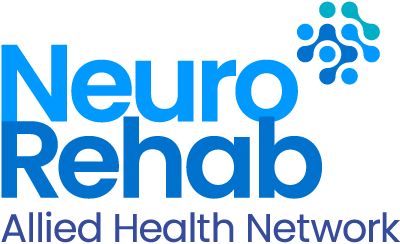Young People Program
The Young People Program supports young people and their families, caregivers and educators in ongoing assessment and services during the transition to adult services if required.
Activities are developmentally appropriate and functionally based. They are targeted toward supporting the young person to reach their full potential in daily, weekly and community routines. The program is reinforced and complemented in family, education and community settings.
Personal care
Building independence with personal care skills such as eating, dressing, bathing and toileting is goal when transitioning to adulthood. Our team can develop skills, recommend aids and equipment and set plans to reduce parental assistance with these tasks.
Managing daily routines
Routines can be a useful way to increase the number of activities a young person can complete in a day. Our therapy team can assist youg people to become more independent with routines and teach them pacing and fatigue management to improve their capacity.
Social and emotional skills
Regulation in private or community environments can be challenging for some young people. Our skilled team can support young people to build greater self-awareness and develop strategies to recognise triggers and self-regulate.
Communication
Our team can work with people with neurological conditions such as Cerebral Palsy, Autism (ASD), Traumatic Brain Injuries (TBI) and other conditions, to help them better communicate with friends, family and others in the community. Therapy is often led by a Speech Pathologist and supported by all members of our NeuroJunior team.
Thinking skills
We provide one-to-one sessions for young people with neurological disabilities to help them become independent undertaking tasks. For instance, if there are memory or planning problems impacting day-to-day function, a Neuropsychologist may be able to develop and oversee a personalised treatment program to help. We aim to assist young people to engage in educational or vocational settings as well as supporting learning of other everyday tasks and skills.
Gross and fine motor skills
Our team provide support and education to develop a young person’s posture and movement skills, including manipulation and writing skills needed for daily activities, school and leisure. Using a modified environment and activities which challenge a young person, we can improve motor control, strength, endurance and coordination of different muscle groups. We can also support use of equipment, stretching, botox and casting programs to improve posture and alignment.
Sensory processing and integration
When young people are over or under sensitive to different stimulation, such as touch, noise or smells, it can be difficult for them to work and grow. Our team can assess possible sensory sensitivities and provide therapy to help reduce their impact. We can also help with the purchase of aids and equipment to modify sensations.
Group and community participation
Our team can support young people to participate in community groups such as sporting teams or arts activities. We can focus on social interaction, developing the skills used within the group, and building emotional independence in group settings.
Pain management
Pain can affect all aspects of a young person’s life. Our therapy team can support pain management through education, positioning, aids and equipment. We work collaboratively with Paediatricians and GPs.
Aids and equipment
Aids and equipment can support a young person to become more independent and participate in life more fully and freely. Our team can assess, recommend, measure, trial, set up and provide training for aids and equipment as a young person grows.












